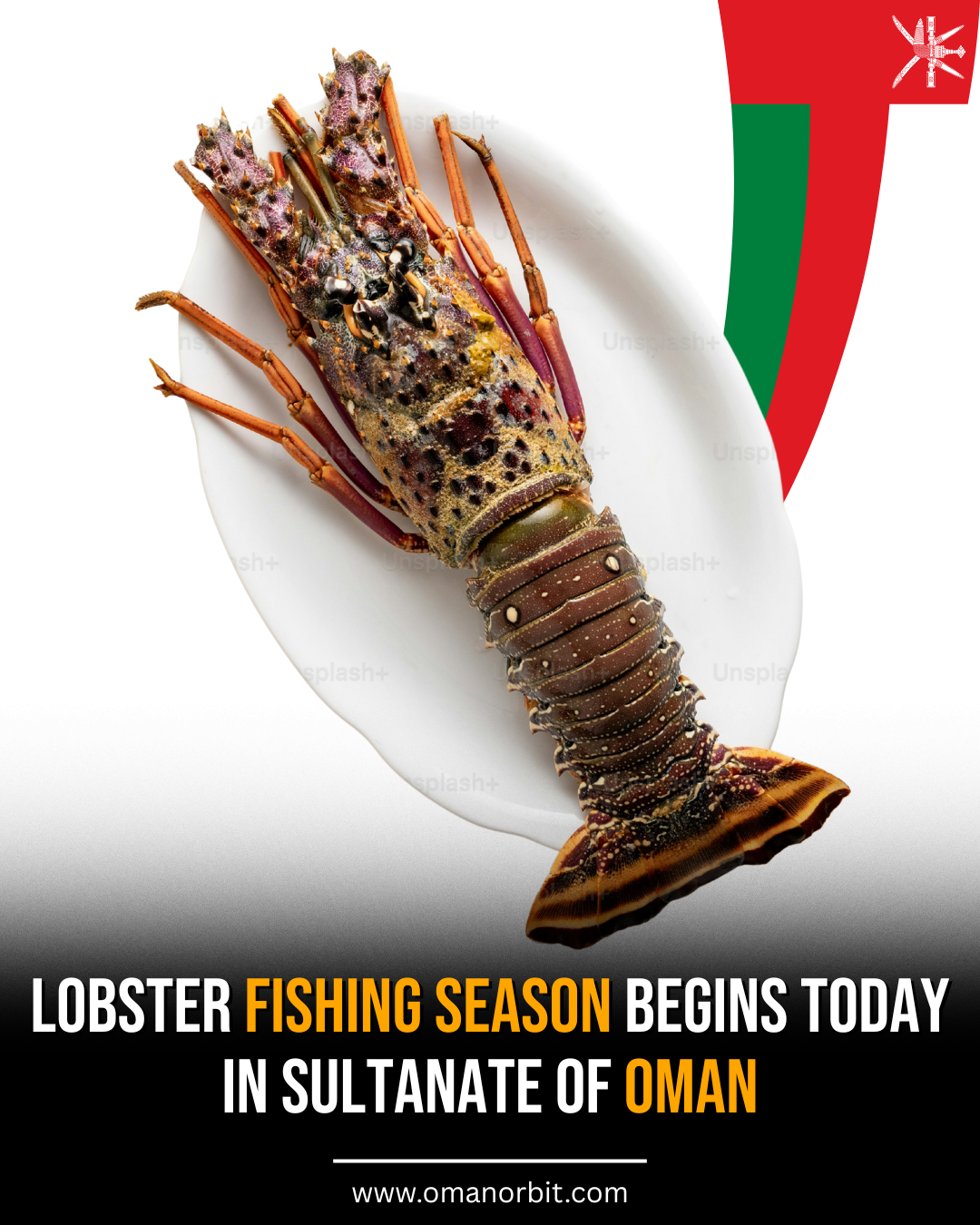MUSCAT: Anna-Kaisa Ikonen, spokeswoman for the European Commission, reassured the public that the expected disruption in Russian gas supplies would have a “limited impact” on the EU’s energy supply. Speaking to Russian media, Ikonen noted that halting supplies starting January 1 was a foreseeable situation. She emphasized that the European Union had prepared for this eventuality and had contingency plans in place to minimize the impact. The EU’s proactive approach underscores its commitment to securing energy resilience, even in the face of ongoing geopolitical uncertainties.
The European Union has been anticipating the expiration of the 2019 agreement governing the transit of Russian gas through Ukraine, which officially ends on December 31, 2024. With the approaching deadline, EU leaders have been working to ensure that alternative energy sources are readily available to avoid significant disruptions. The bloc has focused on diversifying its energy suppliers and reinforcing its infrastructure to guarantee that its member states continue to receive stable and reliable energy supplies in the coming months.
In preparation for the potential cutoff, the EU has ramped up efforts to strengthen its energy security, including negotiating new agreements with alternative suppliers and investing in renewable energy projects. Energy diversification has become a central pillar of the EU’s long-term strategy, as it seeks to reduce dependency on Russian gas and mitigate the risks associated with geopolitical conflicts. This includes expanding partnerships with countries in the Middle East, North Africa, and Central Asia to ensure that energy flows remain steady and consistent across the continent.
As tensions rise over Russia’s energy policies, the European Union’s efforts to secure alternative energy supplies have gained urgency. The EU’s strategy includes not only diversifying gas imports but also increasing investments in renewable energy sources such as solar, wind, and hydrogen. These measures are intended to reduce the bloc’s reliance on fossil fuels and enhance its ability to weather potential supply disruptions. While the geopolitical landscape remains uncertain, the EU’s proactive stance ensures that its energy security remains a top priority.



